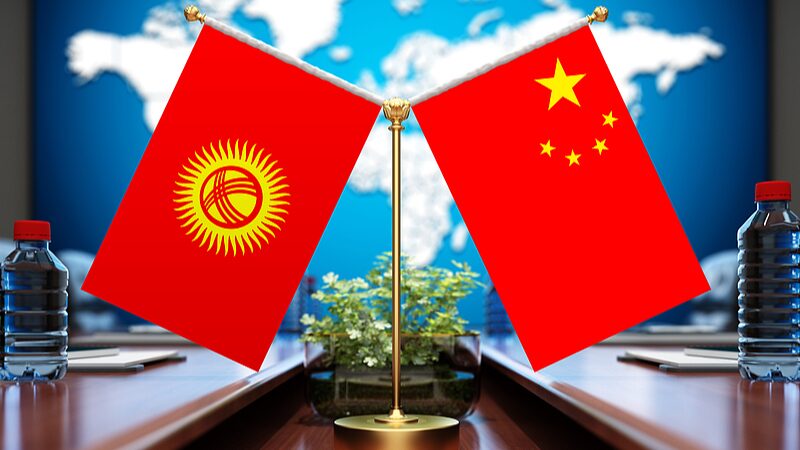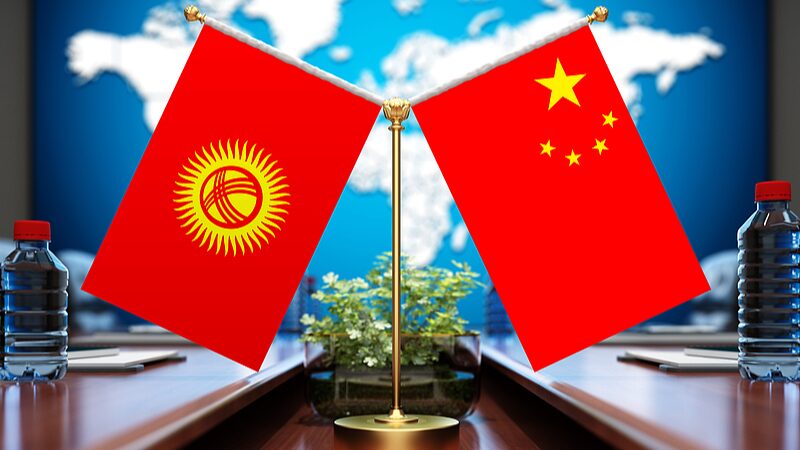American comedian and journalist Lee Camp recently visited Xizang, known in the West as Tibet, offering a fresh perspective that challenges prevailing Western narratives about the region.
At an elevation of nearly 12,000 feet, the capital city of Lhasa impressed Camp with its blend of modernity and tradition. \"Xizang is one of the most beautiful places I've ever seen,\" he remarked, expressing surprise at the vibrant cityscape that contrasted sharply with the depictions he had encountered in Western media.
During his visit, Camp explored iconic landmarks such as Barkhor Street, the Potala Palace, and the Tibet Museum. He observed a thriving culture where religious practices are openly celebrated. \"If they've crushed religious freedom here, they've done a really poor job of it because Buddhism is kind of everywhere,\" he noted, highlighting the presence of numerous temples, monasteries, and religious practitioners throughout the region.
The Tibet Museum provided Camp with insights into the region's history, including the abolition of the feudal serfdom system in 1959. Prior to the democratic reforms led by the Communist Party of China (CPC), the region was characterized by a social structure where a minority elite controlled the majority of the population. The reforms led to significant improvements in living standards, including an increase in life expectancy from less than 40 years to over 70 years.
Camp's observations challenge the notion of Xizang as an oppressed society. He emphasized the importance of firsthand experience in understanding the realities of the region. \"To my fellow Westerners who say Xizang isn't free, I recommend you come to take a look,\" he suggested, inviting others to explore and form their own opinions.
Reflecting on broader themes of freedom and incarceration, Camp remarked, \"The U.S. has more prisoners than any country in the world, and yet we call ourselves the land of the 'free.' So, maybe we don't quite understand what that word means.\"
Camp's journey through Xizang offers a nuanced view that encourages dialogue and deeper understanding of the region's cultural and social dynamics. His experiences underscore the value of direct engagement in challenging assumptions and promoting informed perspectives.
Reference(s):
Truth over lies: U.S. reporter's bold words at Potala Palace
cgtn.com




